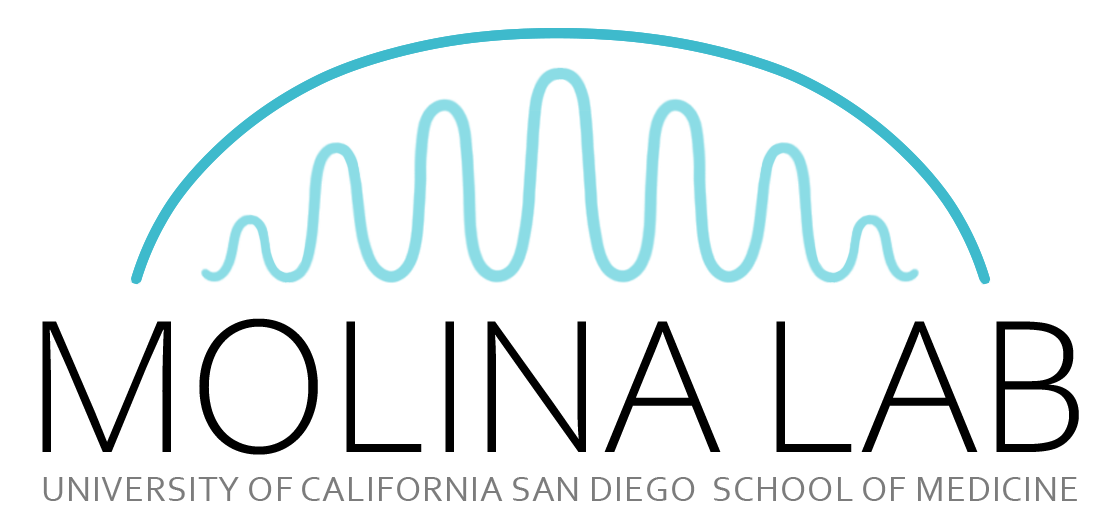Dynamic Resilience Initiative (DRIVE)








Resilience, defined as the ability to recover from the adverse effects of physiological stressors, diminishes with advancing age, coinciding with the time of life when the risk for encountering stressors increases significantly. While previous efforts to define successful aging highlight avoidance of illness as a hallmark, more recent definitions highlight resilience as a defining factor. Despite the recognition that resilience is key to healthy longevity across multiple domains, reliable markers of dynamic resilience remain elusive. The overarching goal is to develop and validate blood-based signatures of universal resilience.
-
Attached photos are our Geroscience Clinical Research Facility (CRF) that we used to conduct the 30-day and 90-day follow up visits.
We will utilize multi-omic approaches and state of the art data science techniques to develop markers that can predict outcomes in an Emergency Department (ED) setting.
We will identify, test, and refine markers of dynamic resilience in the geriatrics emergency department (GED) setting.
-
-
1) Why should I volunteer for this study?
A key aspect of resilience is the ability to “bounce back” after an acute physiological stressor, such as a fall related injury. While it is widely recognized that resilience is central to optimal health, relatively little is known about the factors that underlie human resilience. Therefore, our research team is seeking to understand biological bases of resilience so that we can develop prognostic markers and approaches for improving resilience.
The results of this study will help doctors and researchers improve healthcare for patients after they’ve experienced a fall. The ability to reliably assess risk for subsequent falls will enable us to offer appropriate services to our patients in the ED setting.
Since you have just fallen, we would like to ask you a few questions, take a few measurements, and obtain a sample of your blood. We will then follow up with you virtually and “in-person” for the next 3 months to track the course of your recovery. We will examine your physical, sensory, and cognitive abilities over time and collect two additional blood samples. Our long term goal for this study is to prevent return GED visits, subsequent falls, and declines in physical ability.
2) What kinds of things can you learn from my blood?
Blood contains a multitude of factors that can underlie differences in resilience between individuals. These factors include circulating proteins, metabolites, and microorganisms that can impact human health. We are utilizing cutting-edge “multi-omic” approaches to measure these circulating factors and AI to generate predictive models of health outcomes.
-Microbiome: The presence of tiny organisms (microbes including bacteria, fungi, viruses etc) makes up the microbiome. These micro-organisms can differ based on a person’s age and diseases states. A healthy microbiome may not only protect against disease, but also improve brain function, heart health, and may contribute to resilience.
-Metabolome: The blood metabolome is made up of by products and intermediates of all the biochemical reactions in the body. The makeup of a person’s metabolome can be used to predict aspects of health and human aging.
-Proteome: The blood proteome consists of tens of thousands of circulating proteins. By looking at protein signatures, we can gain a better understanding of a person’s health or disease state. The proteome can be impacted by aging and has been associated with differences in healthspan.
3) What are the benefits to me of being in the study?
While there is no direct benefit to you for participating in this study, you will receive a full battery of physical function assessments as well as cognitive and sensory assessments, which may provide information that could be addressed by your primary care physician. The detailed assessments may help detect certain previously unsuspected but treatable conditions.
4) Will I be informed of the results of the study?
No, however, you can receive results from the study assessments, including body composition, vitals, and sensory tests.
5) Who is funding the study?
This research is being funded by Wellcome Leap, an arm of the Wellcome Trust global philanthropy focused on health around the world. Wellcome Leap awards funding to “moonshot projects” that are designed to address global health challenges. The hope is that innovations coming from this international effort will benefit health outcomes across the world.
